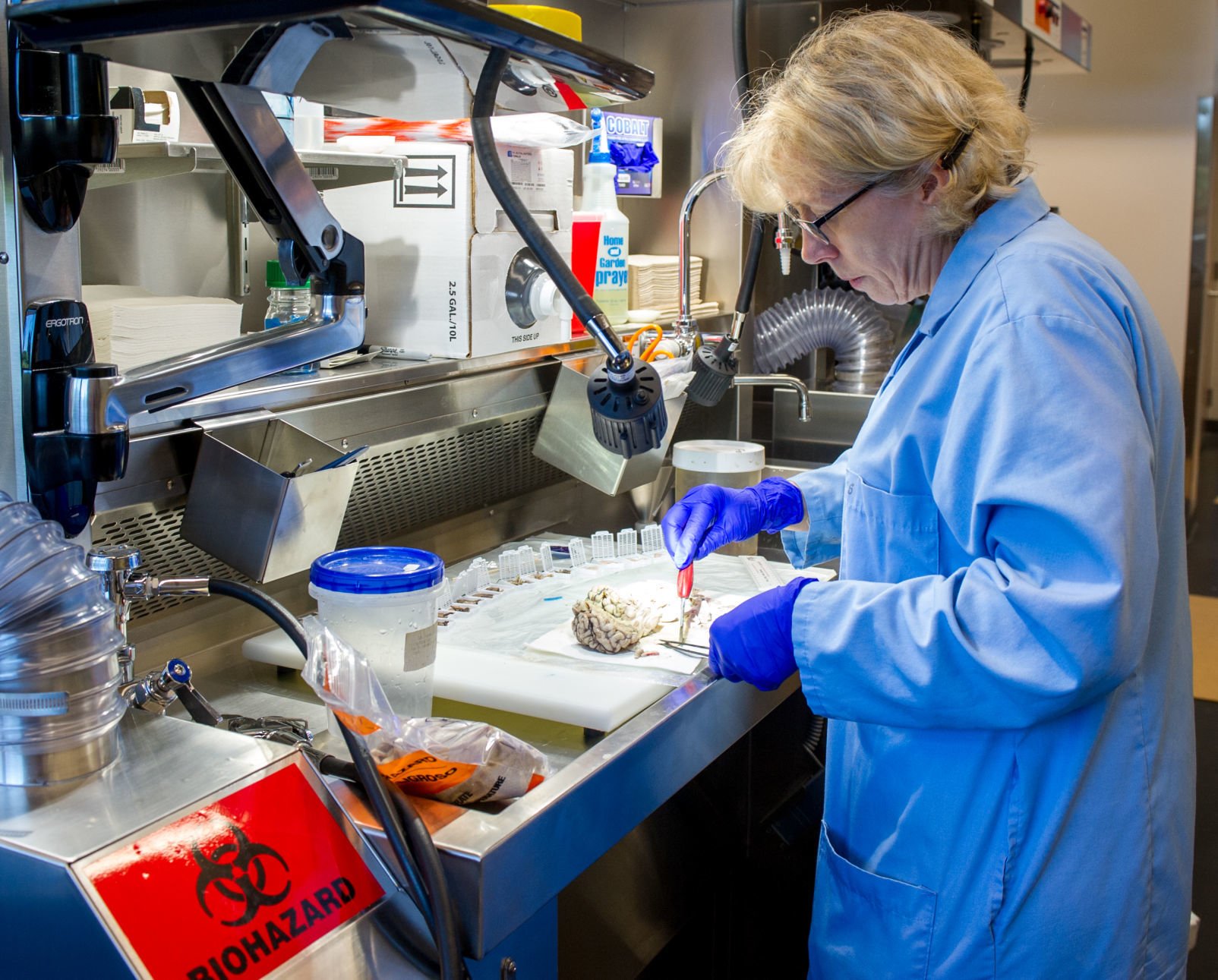A Deep Dive Into Animal Diagnostic Labs for Veterinary Professionals Step-by-Step
A Deep Dive Into Animal Diagnostic Labs for Veterinary Professionals Step-by-Step
Blog Article
Many pet owners aren’t aware of how essential veterinary labs are to their animal’s health journey.
In this article, we’ll explore what veterinary labs do, what services they offer, how to find one near you, and why choosing the right lab matters.
Whether you’re a pet parent searching laboratório são camilo veterinária pet for informacoes a mais a “veterinary lab near me” or a veterinary professional looking for top-tier lab partners, this guide will provide expert insights and practical tips.
What Is a Veterinary Laboratory?
Just like human medical labs, veterinary labs follow strict protocols to ensure accuracy and reliability.
Some focus on general diagnostic testing for common pets like dogs and cats, while others handle specialized species, such as exotic animals, horses, or livestock.
Regardless of size or setup, these labs play an essential role in helping veterinarians diagnose conditions early, tailor treatments, and monitor recovery effectively.

Common Tests Performed in Veterinary Labs
Urinalysis and fecal exams help detect infections, parasites, or metabolic issues.
Advanced labs may also provide molecular diagnostics, including PCR testing for specific pathogens or genetic screenings for hereditary conditions.
These tests are essential for early disease detection, accurate diagnosis, and treatment planning.
Locating a Veterinary Laboratory in Your Area
Searching for a “veterinary lab near me” can feel overwhelming, but a few strategies can simplify the process.
Look for labs certified by organizations like the American Association of Veterinary Laboratory Diagnosticians (AAVLD), which ensures high-quality standards.
If you’re a pet owner seeking direct access to a lab for second opinions or advanced testing, contact the lab to understand their intake process—some require referrals, while others accept samples directly.

When to Use a 24-Hour Veterinary Lab
Standard labs typically process routine tests during business hours, while 24-hour veterinary labs offer emergency diagnostic services around the clock.
If your pet is facing a life-threatening condition—such as sudden collapse, poisoning, or acute trauma—a 24-hour lab can deliver rapid results needed for immediate treatment.
For non-urgent screenings, wellness panels, or follow-up testing, standard labs are usually sufficient.
How Diagnostic Labs Protect Animal Health
While physical exams provide valuable insights, they can’t reveal everything—lab tests uncover hidden conditions, confirm clinical suspicions, and track progress over time.
In chronic cases, regular lab monitoring ensures medications remain effective and side effects are minimized.
This partnership between lab, vet, and pet owner is what keeps animals healthy and thriving.
Conclusion: Choosing the Right Veterinary Lab for Your Pet
Accurate, timely results help catch problems early, support effective treatments, and give you peace of mind as a pet owner.
By understanding the range of services veterinary labs offer, knowing when to seek 24-hour support, and learning how to find reputable labs near you, you empower yourself to make the best choices for your animal companion.
With the right partnerships in place, you’re giving your pet the best possible chance at a happy, healthy life.
FAQ About Veterinary Laboratories
What does a veterinary lab do?
These labs support veterinarians by providing accurate, fast diagnostic information essential for proper care.
How do I find a veterinary lab near me?
You can also search online directories or check with veterinary associations to find accredited labs in your area.
How do I know if I need an emergency vet lab?
If your pet experiences sudden, severe symptoms—such as collapse, poisoning, or acute injury—a 24-hour veterinary lab can provide rapid diagnostics to support emergency treatment.
What can veterinary lab tests detect?
Common tests include blood counts, chemistry panels, hormone levels, infectious disease screening, urinalysis, fecal exams, cytology, biopsies, and genetic testing.
How much do veterinary lab tests cost?
Your veterinarian can provide estimates and help prioritize necessary diagnostics.
Report this page